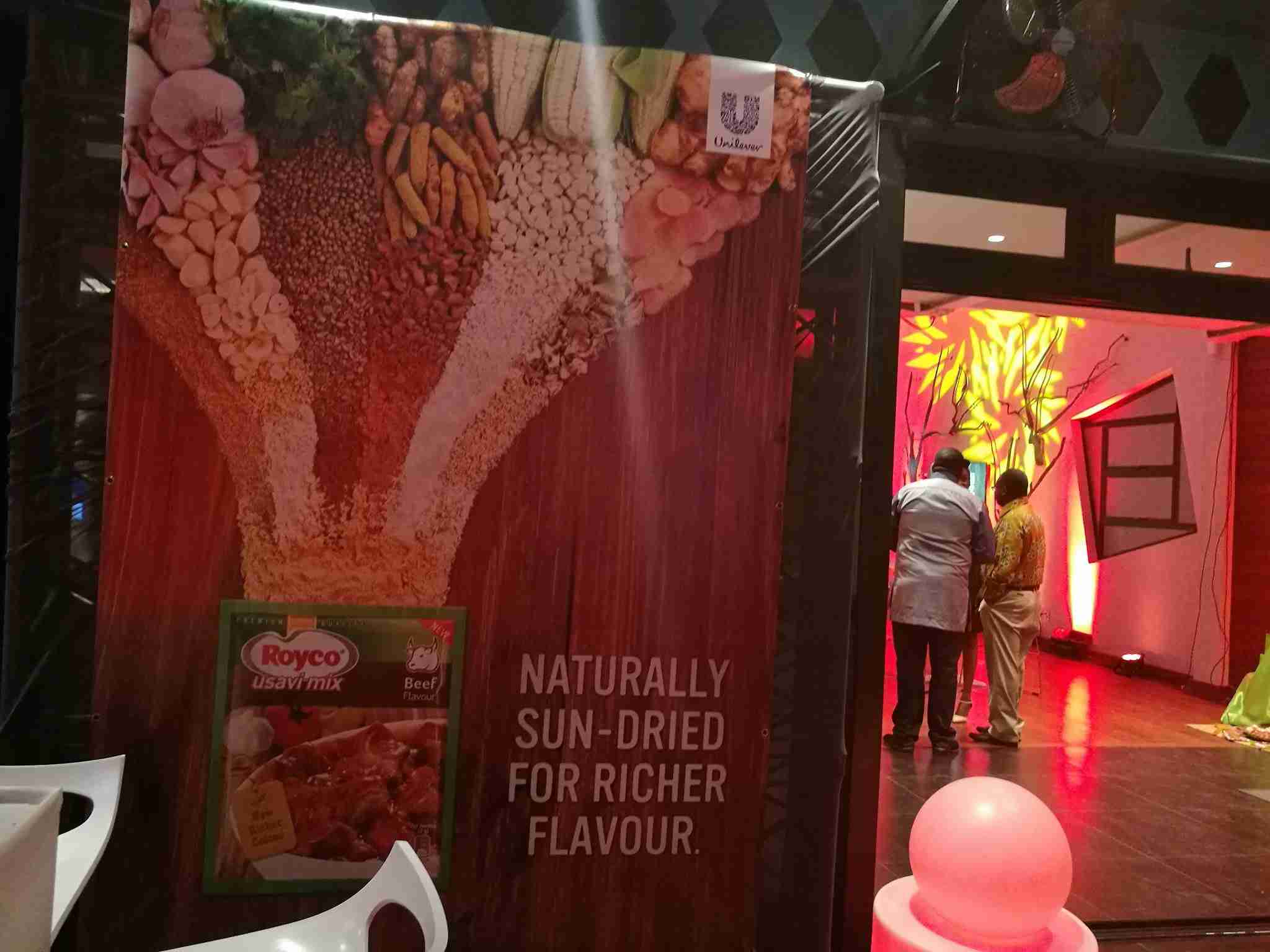After 80 years, Unilever will exit Zimbabwe and use local distributors

In 2018, Unilever opened a new Royco plant in Harare and its Africa VP Bruno Witvoet said “we have been in Zimbabwe for the last 75 years and believe in the country’s future. Our confidence is very high.”
Now, Unilever has changed its mind. After 80 years in Zimbabwe, Unilever is exiting the country and will use local distributors instead. The move continues Unilever’s broader strategy to scale back operations in some African markets. But it also casts new light on the decline of formal retail in Zimbabwe, and the pressures that investors face trying to navigate the country’s currency twists.
In a market where supermarkets are under threat from government policy and consumer spending is weak, Unilever will now use local distributors, and not its own channels.
“Unilever will move to a new model that serves Zimbabwean consumers through a network of Zimbabwean distribution firms rather than through Unilever-owned operations by the end of the year,” Unilever says in an internal memo. “This new and more efficient business model will stimulate growth of the business, better serve Zimbabwean consumers with the brands they love, and create jobs in sales, logistics and merchandising firms locally.”
This means ending decades of operations in Zimbabwe, a blow to the economy. “The new strategic direction regrettably involves the close of Unilever Zimbabwe’s current operations.”
According to Unilever, its brands will be fully available through the transition. The company will then make a long-term strategy on how to market its products in Zimbabwe, “in line with national efforts to economically empower Zimbabweans and empower economic development”.
Unilever’s exit from Zimbabwe has looked inevitable for years. It has significantly scaled back local production since the 2000s. Unilever already relies on Distributed Group Africa (DGA), a unit of listed Axia, to distribute products made elsewhere. Apart from Unilever, DGA has exclusive distribution arrangements with brands such as Colgate Palmolive, Nestle, Johnson & Johnson, and Tiger Brands.
Last year, DGA made a loss because of the crisis faced by formal retailers, who have been deserted by shoppers because they are forced to use the official distorted exchange rate, which makes them more expensive. DGA said it would focus more on supplying informal traders, bypassing the supermarkets that were a key customer of Unilever in the past.
“This led to management’s decision to stop supplying to some customers as a way to manage the risk on debtors,” Axia says.
Unilever has been scaling back manufacturing in Africa, joining other multinationals leaving Africa. In 2023, Unilever pulled the plug on the manufacturing of home-care and skin-cleansing products in Nigeria to “sustain profitability.” Unilever stopped making Omo washing powder, Sunlight dishwashing liquid and Lux soap in Nigeria, and now instead imports the products. In March this year, Unilever relocated its tea production from Ghana as “part of a broader global strategy to optimise operations”. Unilever is not the only one pulling back in Africa. Nestlé last year started cutting operations at its sole facility In Kenya, and downgraded parts of the factory to merely packaging imported foods like Cerelac.
In March, Unilever announced that it would cut 7,500 jobs globally and sell some of its divisions, aiming to save about US$900 million.

